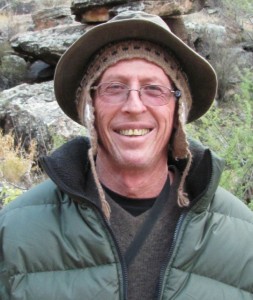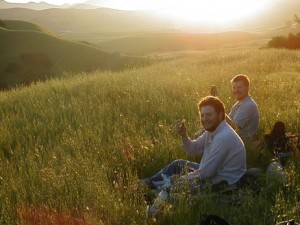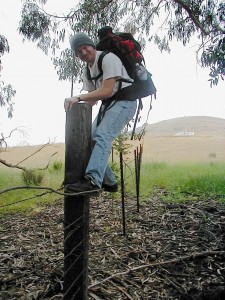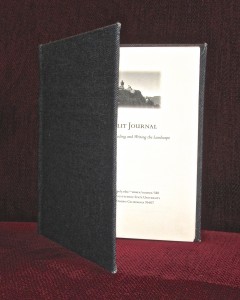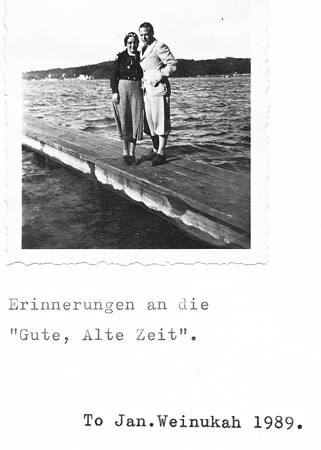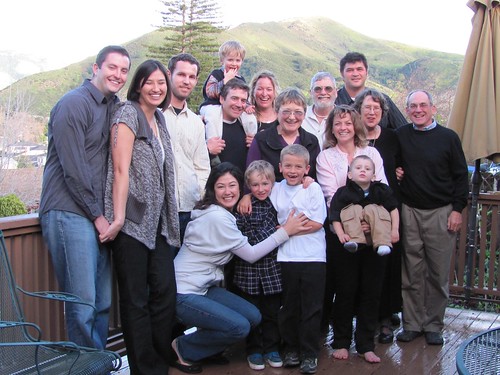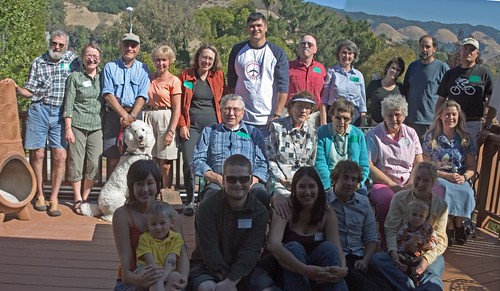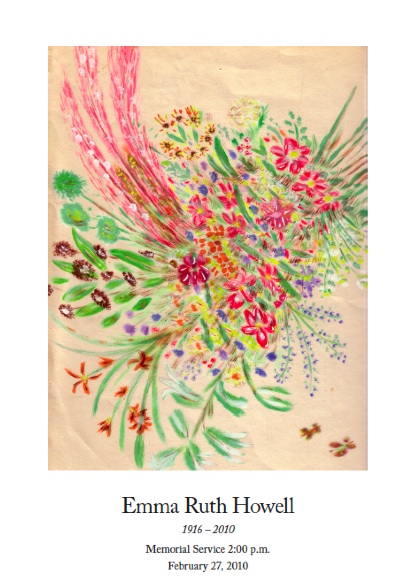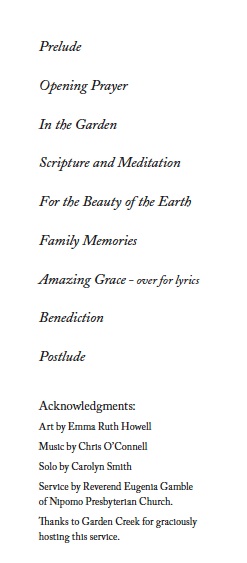
Doris “Granny D” Haddock died peacefully today in her Dublin, New Hampshire family home at 7:18 p.m. Tuesday, March 9, 2010. She was 100 years old. Born in 1910 in Laconia, New Hampshire, she attended Emerson College and lived through two world wars and the Great Depression. She was an activist for her community and for her country, remaining active until the return of chronic respiratory problems four days ago.
I only met Doris once briefly when she visited San Luis Obispo in connection with the Cal Poly Preface Reading Program but she touched me permanently. As I seek ways to adapt to growing old in a world that feels easy to abandon, her love of life, her pride in her past, her urgent concern with the future, her fighting spirit, and her refusal to give up in spite of disappointment, provide me with guidance and inspiration. What a sad irony it is that during her last few months, the Supreme Court handed down a decision that, for the time being at least, reverses so much of what she worked for. Finally now she gets a break from that relentless struggle. Or perhaps, somewhere, her spirit still is on the march.
Two freshman student responses to Granny D’s visit to Cal Poly in 2004
Go Granny Go!
When I got to Cal Poly this fall, I soon learned that not too many people actually read the shared reading book, Granny D., You’re Never Too Old to Raise a Little Hell. Furthermore, those who did read it did not really like it. I was surprised because I loved reading the book! I love to travel and have been to most of the states of our country, so I loved hearing about her adventures in the different states. In addition, I have gotten really into politics over the summer, and I have loved forming my political identity and views. Doris “Granny D” Haddock is very inspirational, and she demonstrates what a difference one person can make.
I have looked forward to hearing Granny D. speak since I read just a few pages of the book. I was very excited to finally have the opportunity last Friday night when Granny D. gave her speech entitled “I am in the Example Business.” She is an engaging speaker, and it was delightful to hear her. I liked how her speech started regarding writing a cheaper and shorter book, although I was not one of the students with an “independence streak” (at least as far as this book goes). I liked how she drew us in with her stories of New England autumns, which I remember vividly from the year I lived in Massachusetts. Additionally, I loved all the “political stuff” and her stories of life in New Hampshire. My favorite part of her speech was when she said, “We cannot move the world toward our wisdom and love so long as we permit political systems that run on greed and fear instead of love and ideas.” At the end of the speaking, I enjoyed the question and answer time. For example, her sticker that said “Vote Dammit!” and when Dennis Burke told her that a question was “regarding Iraq.” Throughout her speech, I loved to applaud her and give her standing ovations.
Attending Granny D’s speech was one of the most enjoyable things I have done at Cal Poly. It was motivational, and I felt “the hero inside my heart.” Granny D. is one of my heroes, and she is what this country is all about!
Granny D
When I found out Granny D was coming to speak at Cal Poly, I was excited but did not think it would be worth my time. Looking back to the event and reflecting on what she said, I am extremely glad that I decided to attend! As in her book, her speech was filled with inspiration, politics, life lessons, biographical anecdotes, and of course humor. Her opening statement “Had I known that 3,000 of you would be forced to buy and read my book instead of enjoying your summer, I certainly would have written a cheaper and shorter book” had the crowd roaring with laughter. That statement was a perfect example to explain her personality. She is a person who loves life and has made her mark in the world and will continue to do so in the United States Senate if she gets elected.
I enjoyed learning about life in her small hometown of Peterborough, New
Hampshire. Her description of autumn made me want to become a “Leaf Peeper”! Peterborough seems to have a lot in common with San Luis Obispo and through the examples she gave, it made me want to get involved here in my new hometown and find out about local issues since I am a citizen. The fact that a play was written about the town struggles showed what a tight- knit community Peterborough is and how it is good that people don’t take things too seriously in the end. There has to be a sense of humor to get through life and not let differences divide one another. That message was strong throughout her talk.
It was nice that the forum was opened for questions. It was good to hear about local issues and hear what Granny D had to say. She is a person who knows her stuff and is not afraid to tell you. She has and will continue to fight for what she believes in until she gets what she knows is right. The United States Senate is a good move for Granny. She will be a strong influence and I believe a good influence to the senators. She will make changes for the better. Granny D will make America better and keep its ideals alive and on track.
My notes in preparation for the discussion of Granny D, during the 2004 Preface Program at Cal Poly
(more…)

